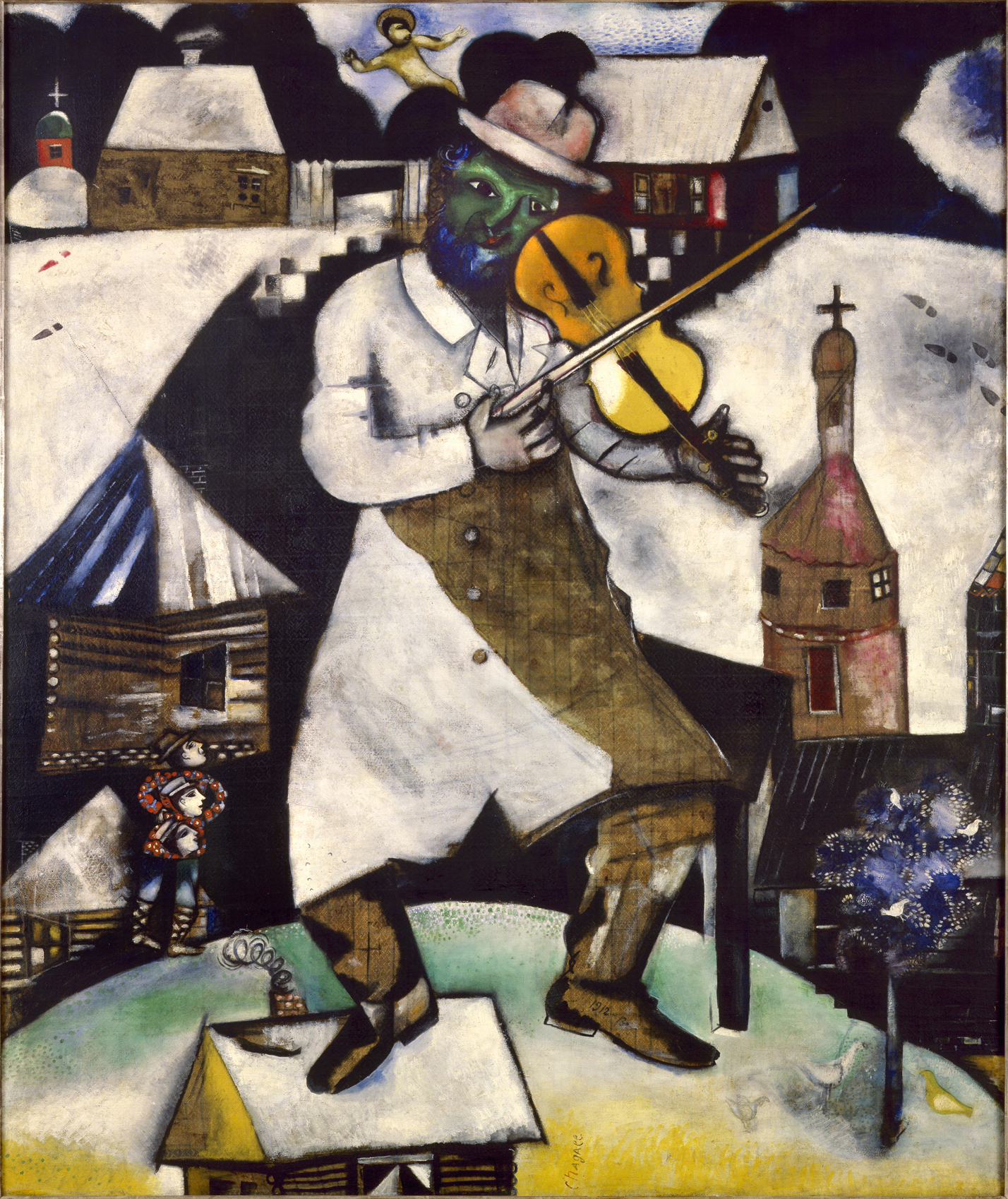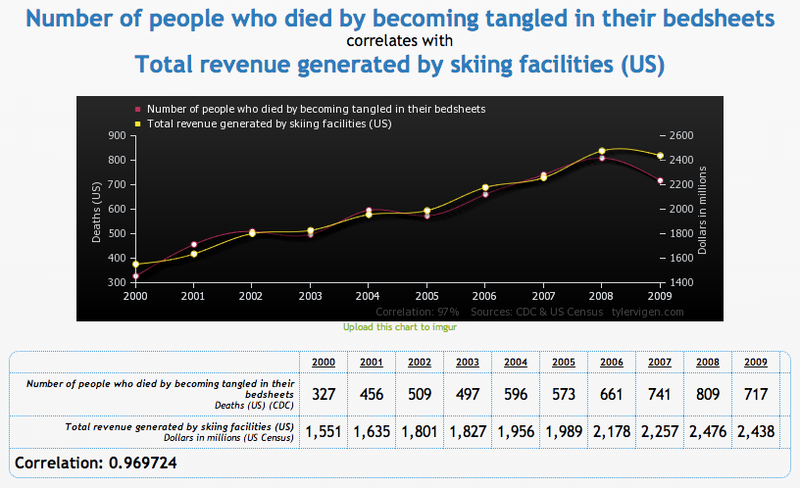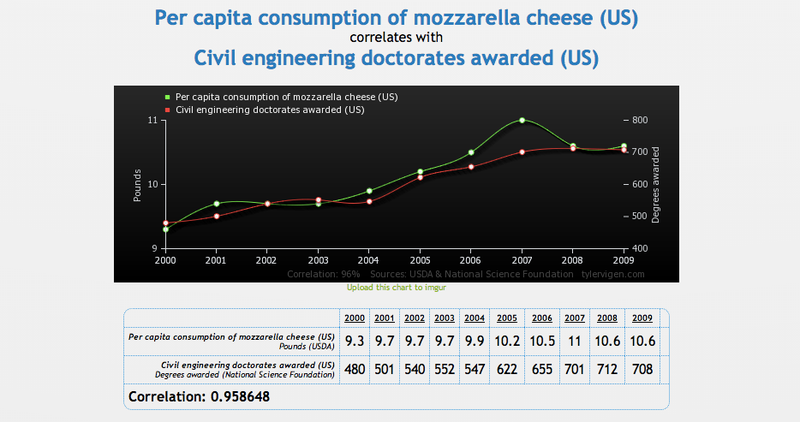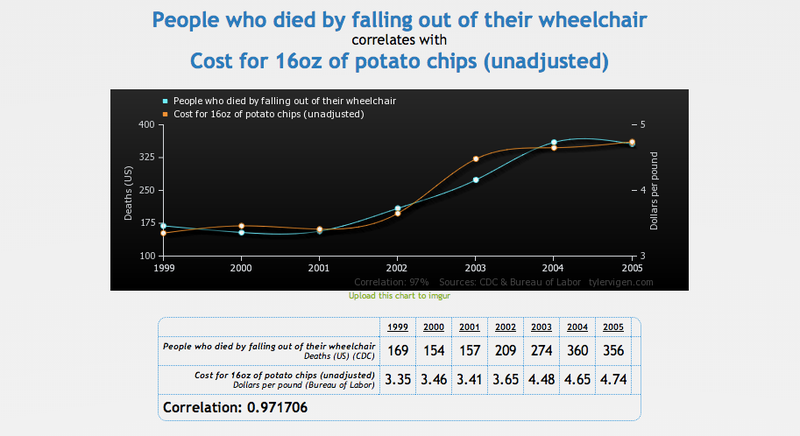Being a Jew is like walking in the wind or swimming: you are touched at all points and conscious everywhere.
~Lionel Trilling (1905-1975) (notebook entry, 1928)
Life is a dream for the wise, a game for the fool, a comedy for the rich, a tragedy for the poor.
There are people who have never been taught anything, and know everything, have never been anywhere, and understand everything, have never given a moment's thought to anything, and comprehend everything. "Blessed hands" is the name bestowed on these fortunate beings. The world envies, honors, and respects them.
A bachelor is a man who comes to work from a different direction every morning.
A real pleasure is a pleasure one enjoys by one's self, without a companion, and without a single argument.
No matter how bad things get, you've got to go on living, even if it kills you.
A fiddler on the roof. Sounds crazy, no? But in our little village of Anatevka, every one of us is a fiddler on the roof trying to scratch out a pleasant, simple tune without breaking his neck. It isn't easy. You may ask, why do we stay here if it's so dangerous? We stay because Anatevka is our home. And how do we keep our balance? That I can tell you in one word:Tradition!
 |
| Playbill cover from the 1964 production |
Matchmaker, Matchmaker,
Make me a match,
Find me a find, catch me a catch.
Matchmaker, Matchmaker,
Look through your book
And make me a perfect match.
Matchmaker, Matchmaker,
I'll bring the veil,
You bring the groom,
Slender and pale,
Bring me a ring for I'm longing to be
The envy of all that I see.
Matchmaker, Matchmaker,
Make me a match,
Find me a find, catch me a catch.
Matchmaker, Matchmaker,
Night after night in the dark I'm alone,
So find me a match of my own.
~Ibid., "Matchmaker, Matchmaker"
Today is the anniversary of the first performance at New York's Imperial Theater of that phenomenally successful - and perennially revived - Broadway musical
Fiddler on the Roof (
wiki), on this date in 1964. With music by Jerry Bock and lyrics by Sheldon Harnick, the show was based roughly on
Tevye and His Daughters and other stories by the popular Ukrainian-born Yiddish author Sholem Aleichem (Solomon Naumovich Rabinovich, 1859-1916). Set in the Pale of Imperial Russia in 1905, the story centers on Tevye the dairyman, father of five daughters, and his attempts to maintain his family and Jewish traditions while outside influences (e.g., the pogroms) encroach on their lives. The original production starred the inimitable Zero Mostel (1915-1977) as Tevye, Maria Karnilova as his wife, and Beatrice Arthur as Yenta, the matchmaker. The first run scored 3,242 performances, won a Tony award in 1965, and was followed by a highly successful movie version in 1971.
 |
Marc Chagall's Fiddler On The Roof, which
may have been the inspiration for the play |
Born to a Hasidic merchant family in the Kiev region, Rabinovich began writing at the age of 15 and soon adopted as his pseudonym a Yiddish variant of the Hebrew phrase, Shalom aleichem - "Peace be with you." He married a rich landowner's daughter, whom he had been tutoring, but lost her inherited fortune in unsuccessful stockmarket speculations, and - fearful of the growing threat of the pogroms - emigrated to New York City in 1906, where he became an ardent proponent of Yiddish as a literary language and emerged as the foremost writer of stories, novels, and plays in that medium. He died in New York of tuberculosis and diabetes in 1916, suggesting for his own epitaph,
"Here lies a plain and simple Jew who wrote in plain and simple prose."
Here's Zero Mostel, the original Tevye, in his most famous song from Fiddler, performed at a Tony Awards entertainment in 1971:
And here's the opening scene recreated in Lego, over Zero Mostel soundtrack:
(Based on Ed's Quotation of the Day, only available via email. Leave your email address in the comments if you'd like to be added to his list.)













